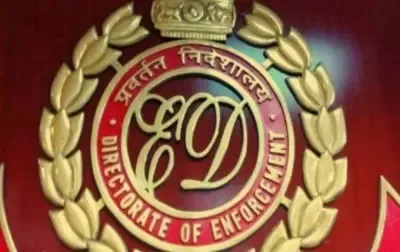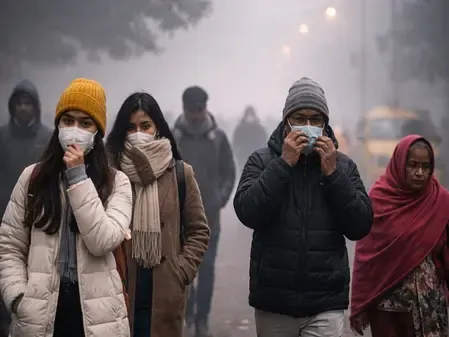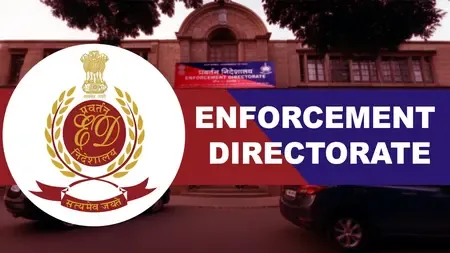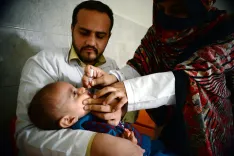Experts Highlight Importance of Ongoing Dialogue Between India and Bangladesh to Build Trust

Synopsis
Key Takeaways
- Importance of ongoing dialogue for mutual trust.
- Constructive engagement needed to address bilateral issues.
- Significant progress in connectivity initiatives since 2010.
- Political stability in Bangladesh is essential for bilateral relations.
- Joint efforts can address northeastern region's aspirations.
Agartala, April 12 (NationPress) In light of rising regional challenges and contentious remarks from the leadership of Bangladesh's interim government, specialists in South Asian affairs have highlighted the necessity for ongoing discussions and collaboration between India and Bangladesh to bolster mutual trust and promote enduring regional stability.
During the symposium titled "Future Roadmap – North East India 2030 & Beyond: Prospects and Challenges," held in Agartala, Sreeradha Datta, a South Asia expert and academic, underlined the significance of addressing bilateral matters through dialogue.
“Despite immediate security issues, there exists potential for enhancement in India-Bangladesh relations. The current climate calls for constructive engagement between both governments to restore mutual confidence,” Datta stated.
Reflecting similar views, Riva Ganguly Das, a former Secretary (East) at the Ministry of External Affairs, described the recent controversial remarks made by Bangladesh’s Chief Adviser Muhammad Yunus during his visit to China as "unfortunate".
Nevertheless, she highlighted the advancements achieved in India-Bangladesh connectivity and regional integration over the last decade. Das, who previously served as India’s High Commissioner to Bangladesh, noted: “From 2010 onwards, connectivity efforts have been remarkable. Before August 5, we had three passenger trains running, active freight movement from ports such as Chittagong and Mongla, the inauguration of the Feni bridge in Tripura, and the operationalization of the Sabroom check post. Over 30 land customs stations facilitated trade, enhancing people-to-people relationships.”
Das stressed India’s strategic emphasis on the northeast through pivotal foreign policy initiatives such as Act East, Indo-Pacific, SAGAR, and Neighbourhood First, asserting their role in regional development. She expressed optimism that the ongoing political unrest in Bangladesh, under an interim government, would soon be resolved, enabling bilateral relations to stabilize and flourish.
The symposium, inaugurated by Tripura Governor Indra Sena Reddy Nallu, convened senior officials from the Assam Rifles, policymakers, and scholars to discuss the strategic challenges and opportunities for northeast India’s future.
This event was organized by the Assam Rifles in partnership with Asian Confluence, a prominent think tank in the northeast, and CENJOWS.
The gathering highlighted the Assam Rifles' dedication to contributing to socio-economic advancement. Maj Gen Suresh Bhambhu, Inspector General of Assam Rifles (East), discussed the untapped potential of the northeastern region. Lt General Abhijit S Pendharkar, General Officer Commanding of 3 Corps, in his closing remarks praised the speakers for their valuable insights and addressed the security dynamics in the northeastern region.
Lt Gen K. Himalaya Singh (Retd) also spoke at the event, which attracted a varied audience, including security officers, veterans, policymakers, community leaders, and stakeholders from the region, promoting a collective effort to meet the unique demands and aspirations of the northeast.










